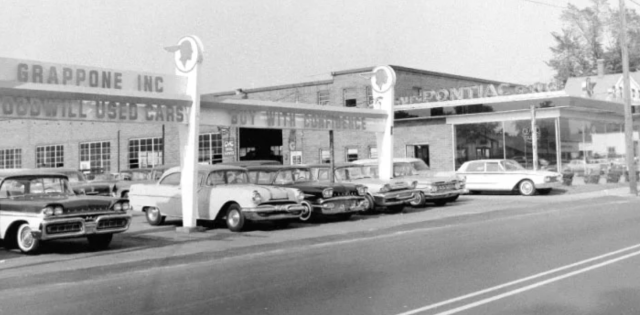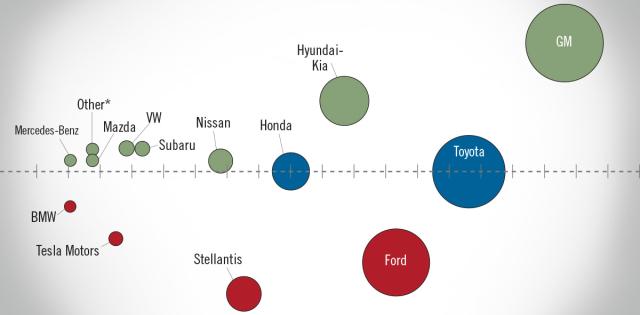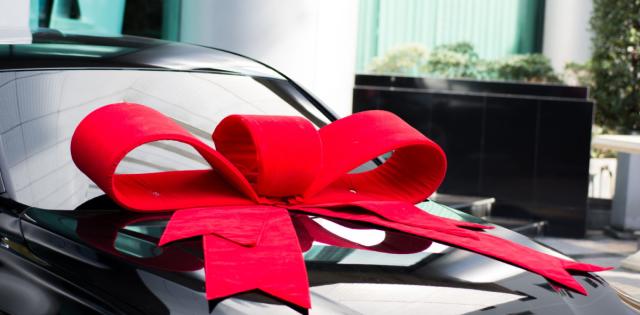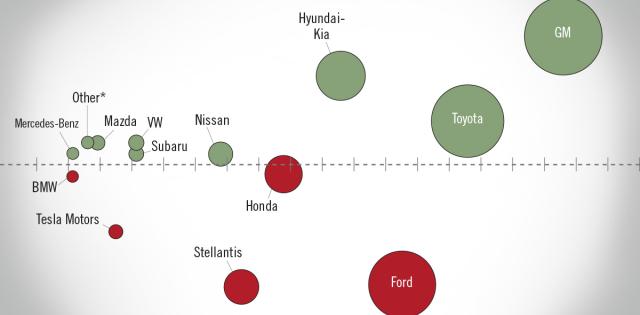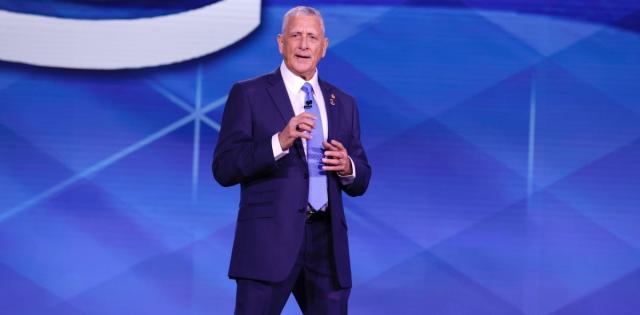The article below is sourced from Reuters Wire Service. The views and opinions expressed in this story are those of the Reuters Wire Service and do not necessarily reflect the official policy or position of NADA.
New car sales in the European Union rose 0.2% in July, slowed by declines in France and Germany, while battery-electric vehicles continued to lose market share, data from Europe's auto industry body showed on Thursday.
Improvements in the Belgian, Dutch and French electric-vehicle (EV) markets failed to offset a drop of almost 37% in Germany's battery-electric sales, the European Automobile Manufacturers Association (ACEA) said.
WHY IT'S IMPORTANT
Car sales have shown mixed trends across the bloc, in part due to diverging policies on green incentives, while regulators have imposed hefty tariffs to try to keep out cheap Chinese EVs.
BY THE NUMBERS
Electrified vehicles - whether fully electric models, plug-in hybrids or full hybrids - sold in the EU accounted for 50.9% of all new passenger car registrations in July, up from 47% a year earlier.
But sales of battery electric and plug-in cars fell by 10.8% and 14.1% respectively, while those of hybrid-electric cars jumped 25.7%.
The market share of hybrid electric cars totalled 32% in July, a jump from 25.5% a year ago.
Car registrations at Europe's three largest carmakers Volkswagen, Stellantis and Renault fell in July from a year earlier by 2.2%, 5.2% and 1.7%, respectively, amid growing competition from China.
Sales of EV-maker Tesla dropped by 14.7%, while those for China's SAIC Motor were up 24.2%.
CONTEXT
The European Commission cut on Aug. 20 its proposed tariff on imports of Tesla cars built in China to 9%, while broadly maintaining plans for tariffs on Chinese-made electric vehicles of up to 36.3%.
Stellantis, which saw the biggest drop in sales among EU carmakers, had reported a bigger than expected fall in revenue and operating profit for the first half, also due to internal operational issues.
Sales of hybrid electric cars, seen as a compromise between all-combustion and all-electric, and as a more affordable and convenient alternative to EVs which require charging infrastructure, have increased in the EU in recent months.
Germany, the bloc's largest EV market, in December brought an early end to subsidies for buying EVs as part of a last-minute 2024 budget deal.
For more stories like this, bookmark www.NADAheadlines.org as a favorite in the browser of your choice and subscribe to our newsletter here:


